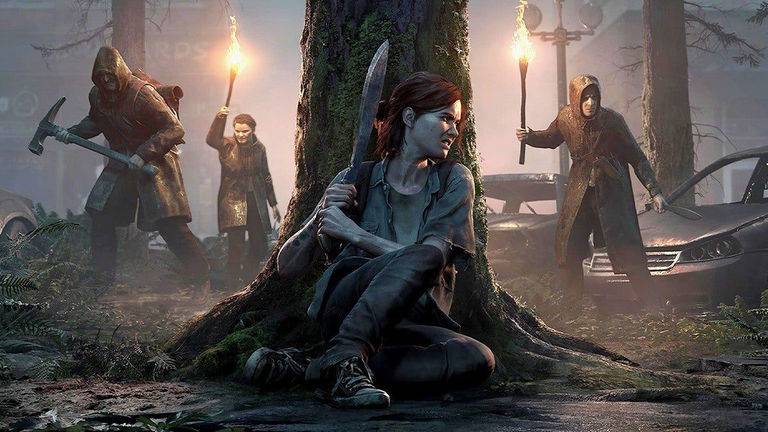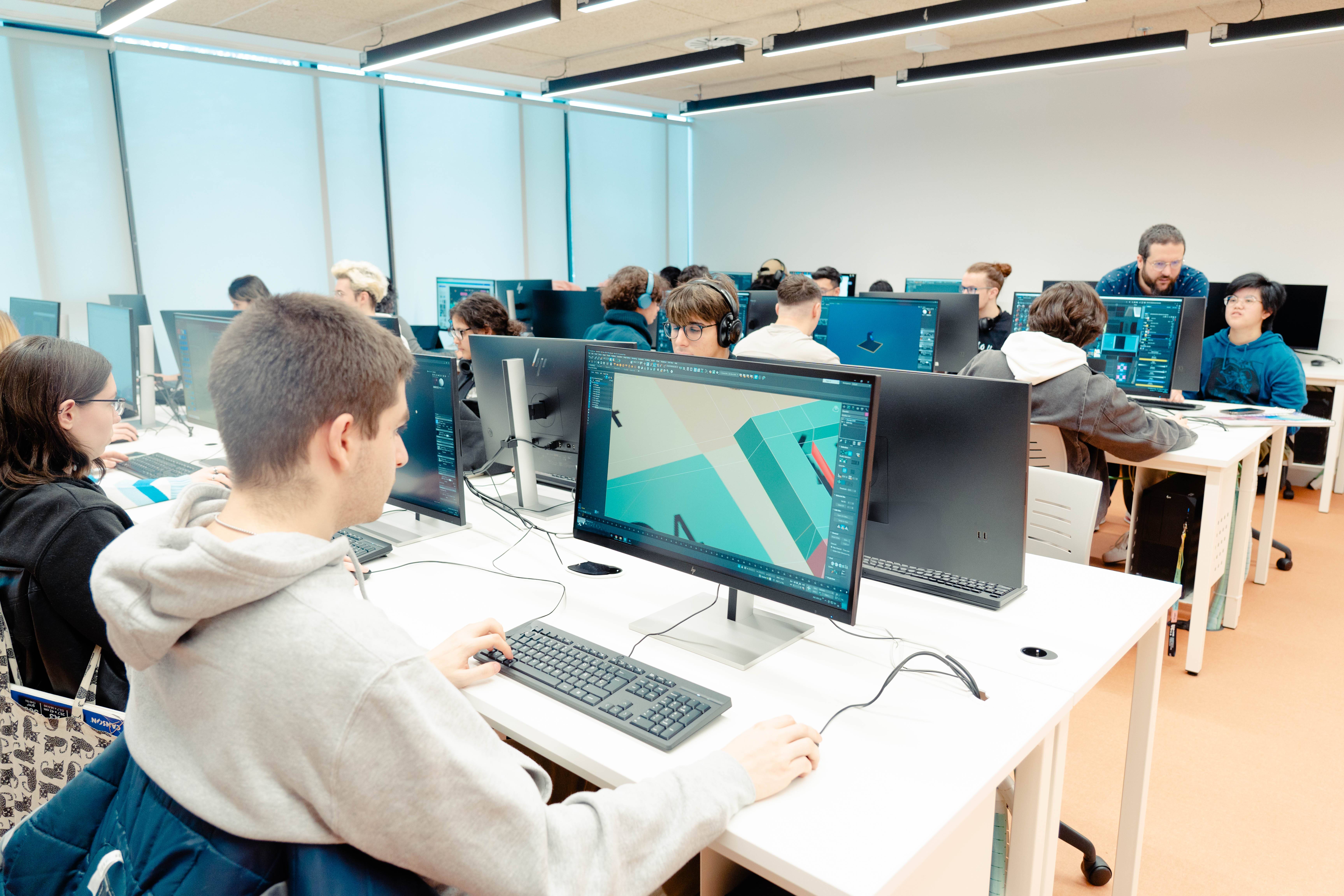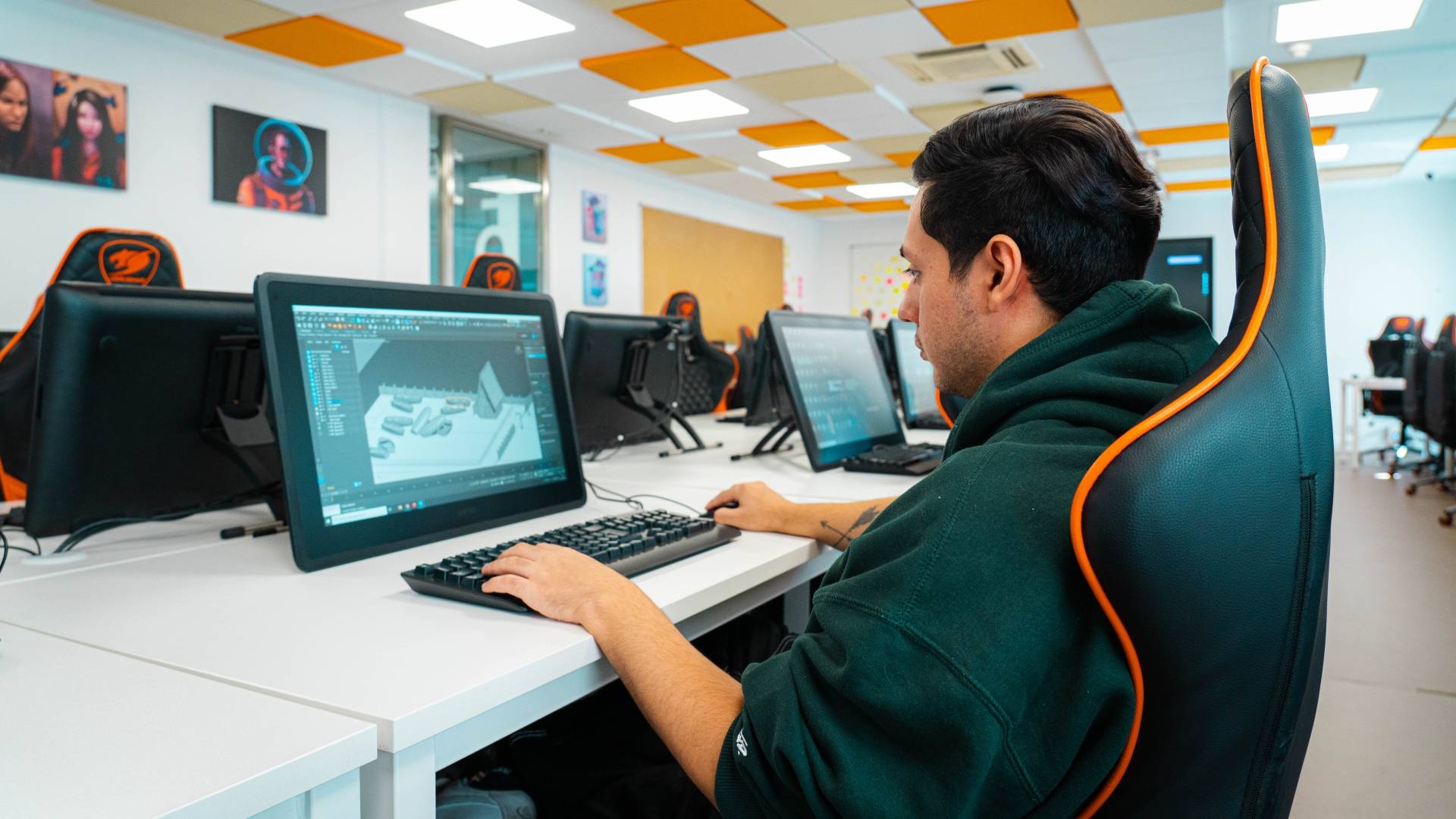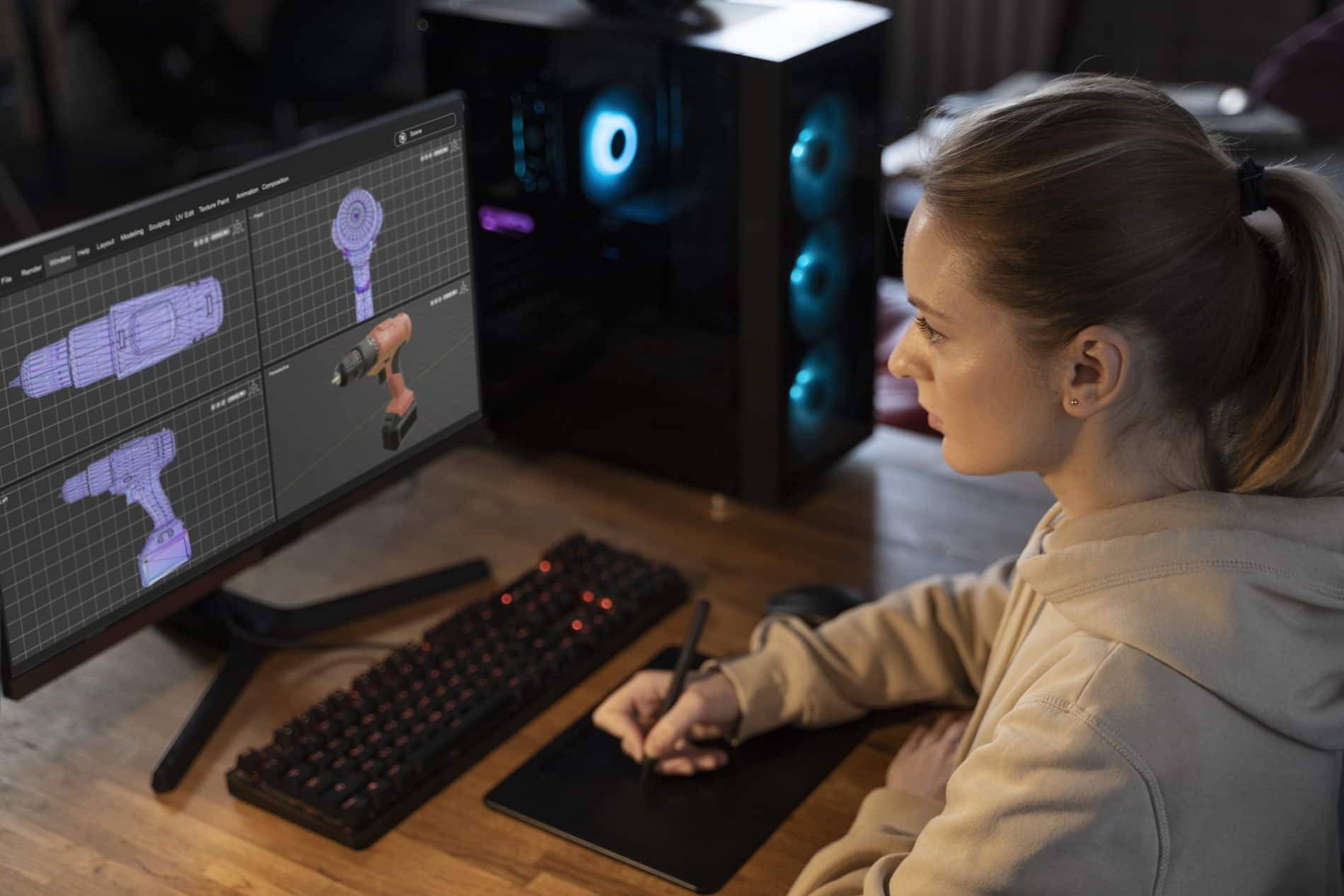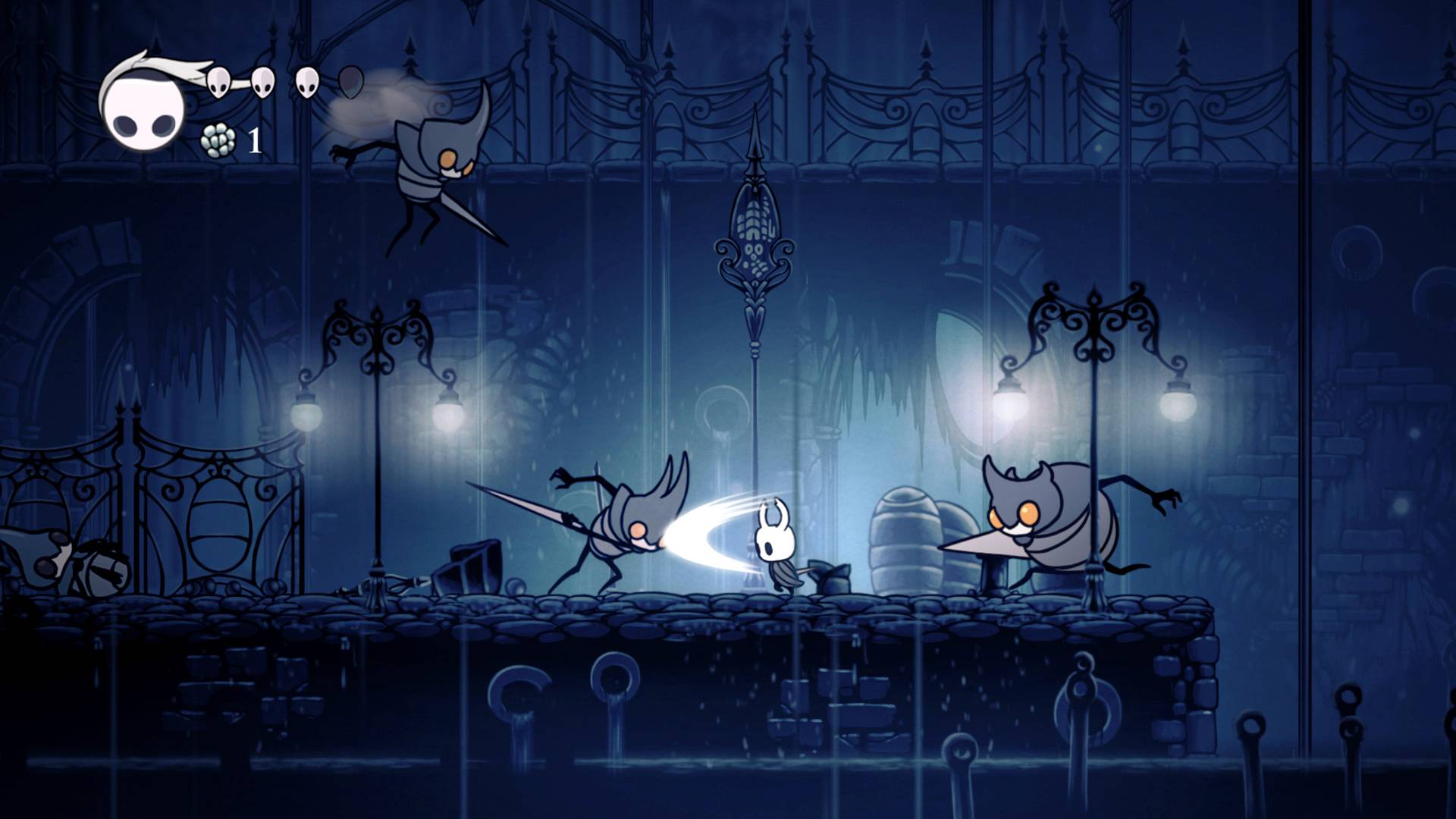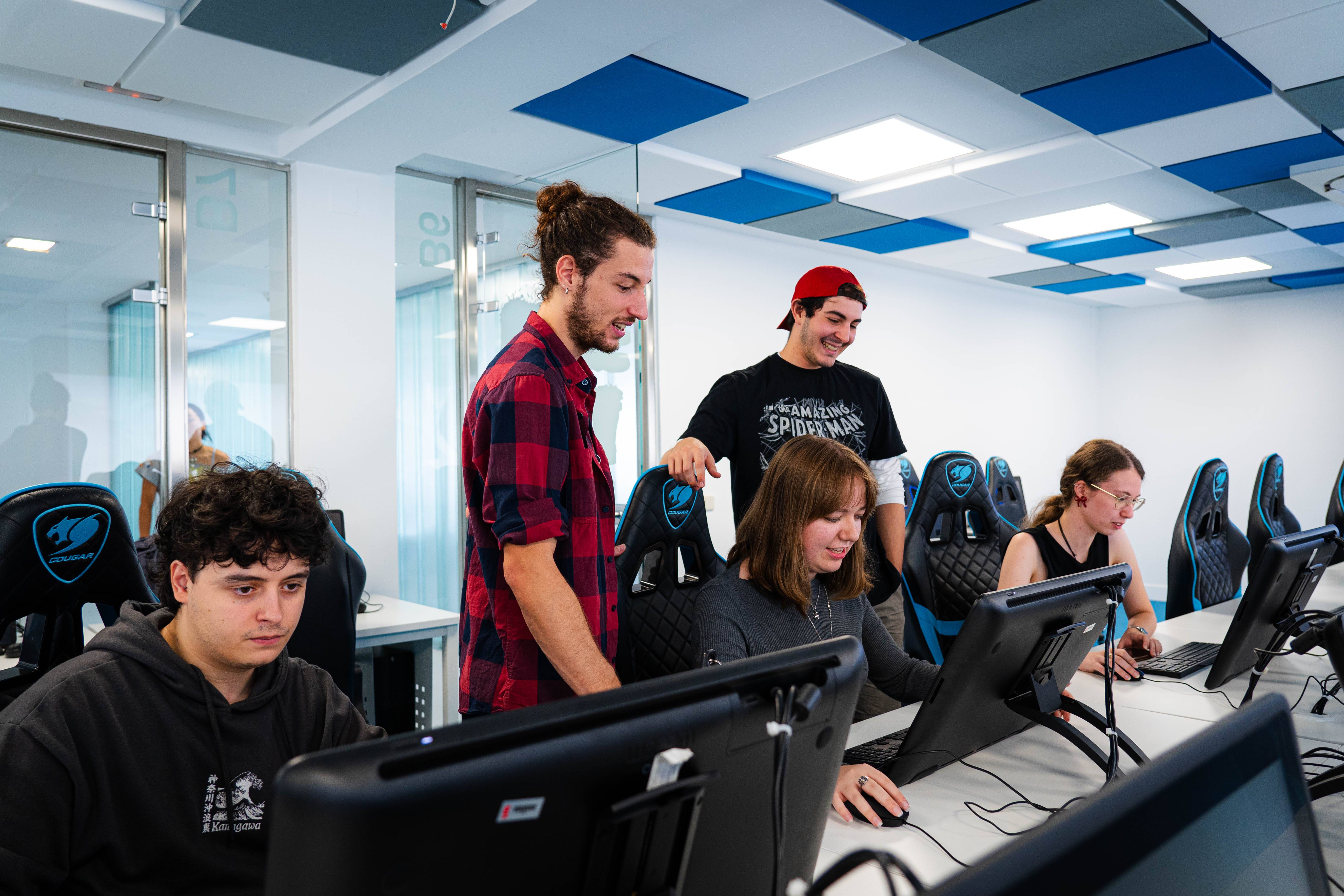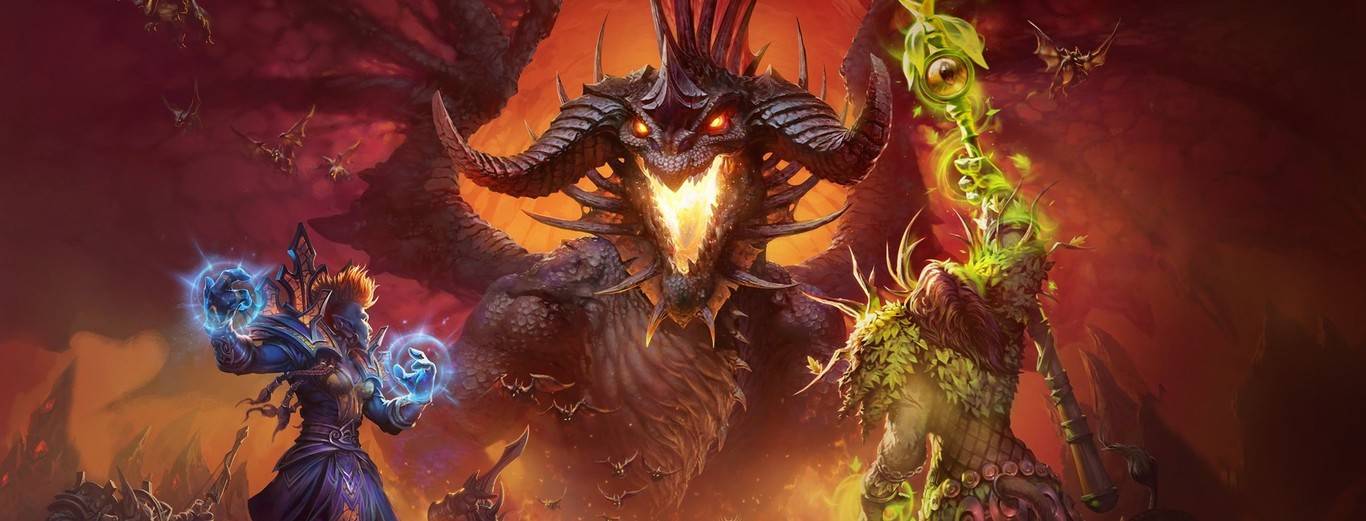What is an NPC and what is its function?
The world of video games has evolved at a dizzying pace in recent decades, and with it, the terms and concepts within this industry have expanded. One of these fundamental concepts is the NPC, which stands for Non-Playable Character.
In this article, we will explain in detail what an NPC is, their role in video games and how they have evolved over time. We will also talk about their use beyond the gamer world and how they impact on the player's experience.
NPC: non-playable characters controlled by artificial intelligence
As mentioned above, NPC stands for Non-Playable Character. They are all those characters within a video game that are not directly controlled by the player. Unlike playable characters, whose behaviour and actions depend on the user's decisions, NPCs act according to a pre-programmed set of behaviours established by the developers.
They are therefore characters controlled by the game itself or by an artificial intelligence, who interact with the player to enrich the narrative, provide quests, set the world's atmosphere or simply populate the settings.
NPCs can play a wide variety of roles within a video game. Some offer quests, others provide dialogue that helps develop the story or provide useful information to the player. They can also be enemies, allies or simply background characters that add realism to the setting.
What is the role of NPCs in video games?
NPCs are essential in video games to bring virtual worlds to life. Here are some of the most common roles they play:
1. Guides or instructors
In many games, NPCs act as guides who teach the player how to navigate the game. For example, in role-playing or adventure games, an NPC may be a teacher or mentor who provides the first hints on the use of skills, combat or interaction with the environment.
These characters help introduce the player to the game world, easing the learning curve and providing a coherent narrative to justify the introduction of mechanics.
2. Quest-givers
One of the most prominent roles of NPCs, especially in role-playing games (RPGs), is that of quest-givers. These characters assign tasks, challenges or quests to the player, giving them concrete objectives to advance within the game's story. NPCs can provide everything from main quests, which are essential to the progress of the plot, to side quests or optional activities that allow the player to further explore the game universe.
3. Enemies or antagonists
Many NPCs in video games assume the role of enemies or antagonists. In this case, these characters are controlled by the game's artificial intelligence and offer a direct challenge to the player. They can range from simple henchmen who attack in waves to complex bosses with elaborate attack patterns. The difficulty of these NPCs usually increases as the player progresses, adding dynamism to the gameplay.
4. Characters that enrich the environment
In addition to functional roles, NPCs also play a key role in the atmosphere of video games. Characters who simply stroll through the streets of a city, shopkeepers in markets or travellers on the roads make the game world seem more alive and dynamic. These NPCs do not interact significantly with the player, but they add realism and depth to the environment.
5. Allies or companions
In many games, especially adventure or action games, the player may have NPCs as allies or companions. These characters accompany the protagonist on his or her journey, offering assistance in combat or actively participating in the narrative. A good example of this type of NPC is Ellie in the game The Last of Us, who is not only a key character in the story, but also actively participates in the gameplay.
6. Merchants and craftsmen
In RPGs and open-world games, it is common to find NPCs who are involved in trading, crafting items or upgrading equipment. These characters allow the player to acquire upgrades, buy weapons, potions or tools needed to advance in the game.
NPCs and technology: an evolution of video games in tandem
NPCs have evolved significantly over time. In early video games, non-playable characters were fairly simple, with very limited interactions, just repeating a line of dialogue endlessly or following very predictable behaviour patterns.
However, with advances in artificial intelligence (AI) and the processing power of systems, NPCs have become more complex. Today, NPCs can have much more advanced behaviours, reacting dynamically to the player's actions and adapting to different in-game situations. Some NPCs can even have memories and remember past interactions with the player, making the experience more personalised and immersive.
For example, in games like Red Dead Redemption 2, NPCs have daily routines that they follow, interact with other characters and react realistically to the player's actions. This adds a level of realism that makes the game world seem more alive and organic.
Beyond video games: the cultural impact of the term "NPC".
The term NPC has transcended beyond the world of video games and has become part of popular parlance, especially on the internet. In some forums and social networks, "NPC" has been used as a metaphor for people who seem to follow predictable routines or lack autonomy in their actions, as if they were programmed as background characters.
This more recent, satirical use of the term has generated debate, and although it was originally created to describe characters in video games, it has become a cultural symbol that reflects how we perceive human behaviour in certain contexts.
Technology and the future of NPCs
With the continued advancement of artificial intelligence, the future of NPCs promises to be even more exciting. Developers are currently working on creating NPCs with more complex and unpredictable behaviours, capable of reacting in real time to the player's actions and the environment. In the future, we could see NPCs that truly feel like autonomous, quasi-human characters, interacting with the player in a much more natural and dynamic way.
Games such as Cyberpunk 2077 already attempt to implement such advanced behaviours, where NPCs not only have routines, but can change their actions based on events happening around them. Emerging technologies such as machine learning and advanced AI are also expected to play a crucial role in the development of increasingly sophisticated and realistic NPCs.
In the Degree in Design and Development of Video Games and Virtual Environments at UDIT, you will learn to design your own video game, for which you will have to design the appearance of the NPCs but also to programme their functioning and interactions with the future player. Train at the leading university in video games in Madrid!

